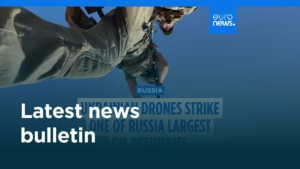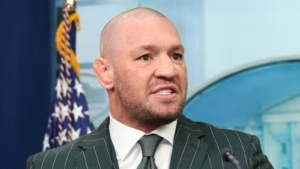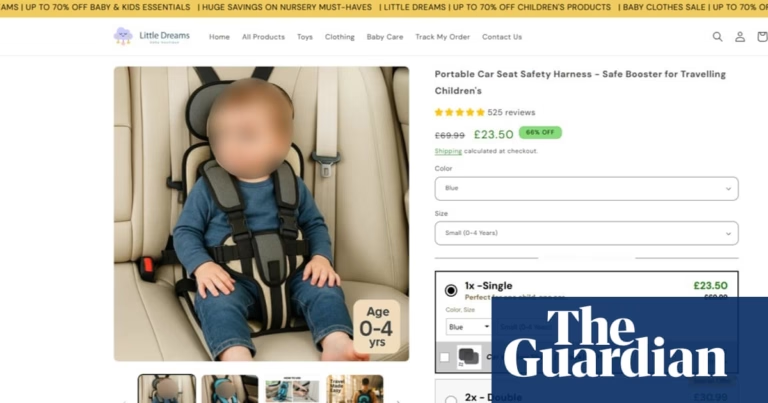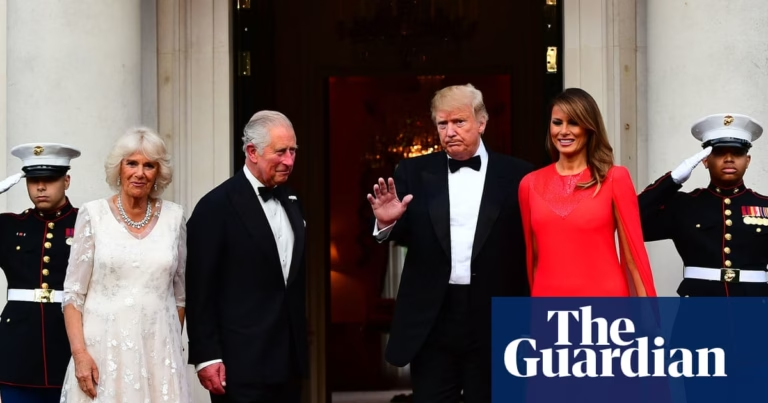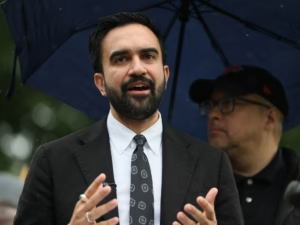Doctors at Melbourne’s Royal Children’s Hospital (RCH) were outraged when a planned panel discussion titled “Children and War” was canceled just a few days before its scheduled date. The cancellation came after the hospital’s chief executive received a letter claiming the event could pose a risk to Jewish staff and patients, arguing it could lead to “moral injury, vicarious trauma and harmful workplace behaviors”.
Scheduled for 17 September as part of the RCH’s educational sessions, the event aimed to explore the effects of war on children and how health professionals could help those affected. The letter to Dr. Peter Steer, the RCH’s CEO, cited concerns that the event would inadvertently provide a platform for groups alleged to have engaged in hateful campaigns against Israel. Among these groups were Médecins Sans Frontières (MSF), the Medical Association for Prevention of War (MAPW), and the International Campaign to Abolish Nuclear Weapons (Ican).
Despite the broad array of speakers, including experts from these organizations and others with extensive experience in regions affected by war, like Gaza, the panel’s cancellation marked a significant moment. It sparked controversy over academic freedom, the role of hospitals as venues for addressing health impacts of global conflicts, and concerns over the safety and wellbeing of staff.
The letter from Dr. Doron Samuell argued that the event could provoke identity-based conflicts among staff, nullifying efforts to create a conducive work environment. Sampling the sentiment that led to the event’s cancellation, Samuell’s letter raised concerns about the broader implications of hosting such discussions within healthcare institutions. This perspective, backed by the Australian Alliance Against Antisemitism in Healthcare, highlighted the challenges in broaching sensitive topics in a diverse and multicultural setting like a hospital.
In response, the hospital cited the need to ensure a safe and productive environment for its staff, citing feedback suggesting that the event could have escalated into challenging situations. This stance has stirred debate over the boundaries between addressing critical global health issues and maintaining a harmonious workplace.
Speakers and organizations involved in the panel have voiced their dismay and concern, arguing that their work in raising awareness about the humanitarian impacts of war, particularly on children, should not be stifled. This cancellation has raised questions about the role of hospitals as platforms for discussing sensitive and politically charged topics that carry significant implications for public health and global humanitarian efforts.
The decision to cancel the event exemplifies the challenges institutions face when balancing the advocated values of openness and discourse with considerations of staff wellbeing and the potential risks associated with discussing sensitive topics. It underscores the complexities of addressing global issues within the context of health institutions, highlighting the need for sensitive and inclusive dialogues on critical subjects.
Source: https://www.theguardian.com/australia-news/2025/sep/15/melbourne-royal-childrens-hospital-children-and-war-panel-discussion-ntwnfb

